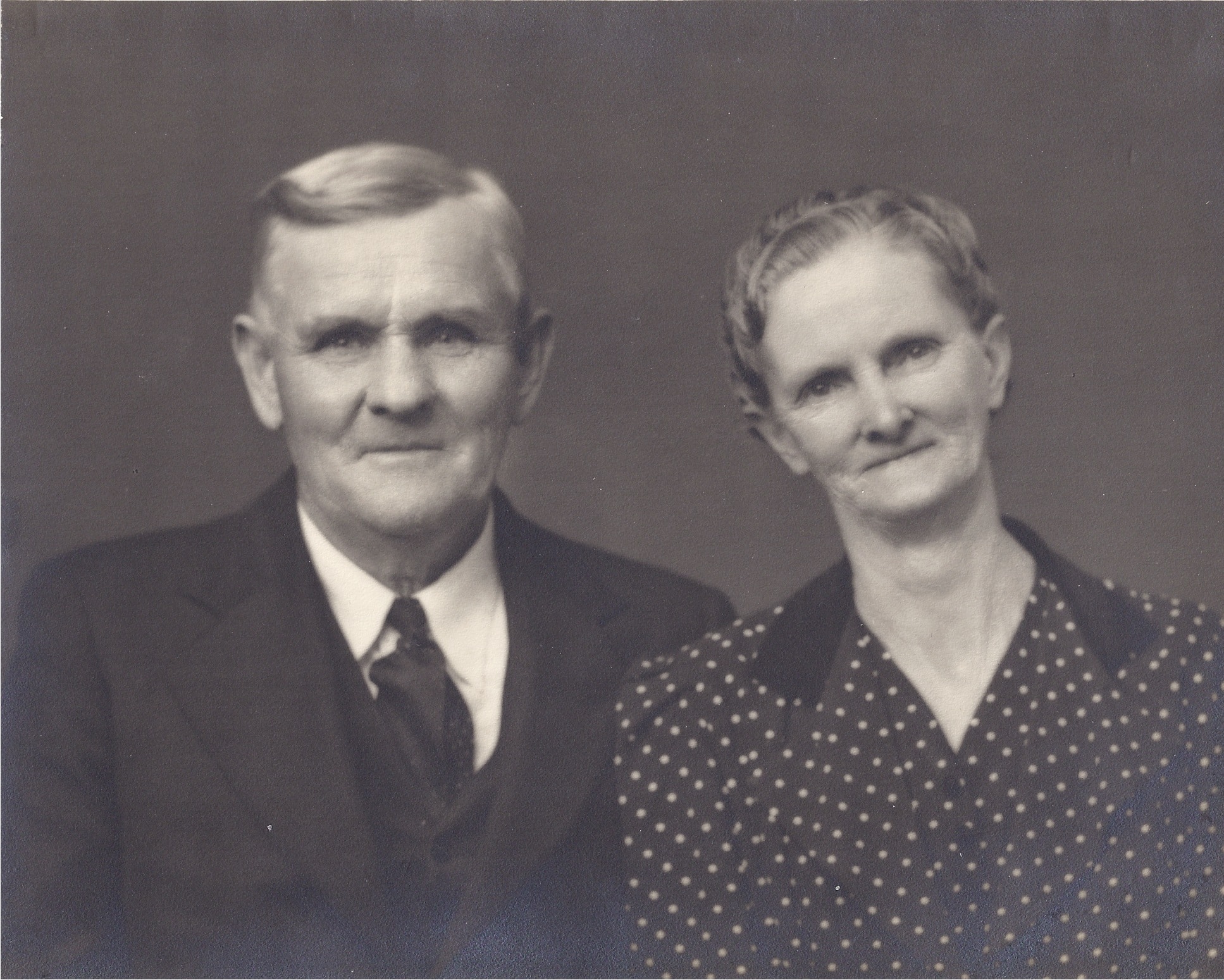
At its core, Elder Law focuses on the unique needs of older persons, individuals with special needs, and their caregivers. Elder Law is a legal specialty catering to the needs of this population. Perhaps the most fundamental question addressed by Elder Law is “how do I make decisions for someone else?” This concept is known as substituted judgment. It encompasses both “how to” and “what’s right and wrong.” In other words, if your loved one can no longer manage his or her finances, how to you get authority to help, what help is needed, where do you get the information necessary to understand and evaluate the problems, and what’s the right decision. The same would apply if you need to assist someone with health care decisions.
In most cases, the answer to “what should I do” or “what’s right and wrong” is to make decisions that are consistent with the values of the person you’re helping. See O.C.G.A. § 10-6B-14(a) (financial agents under POA); O.C.G.A. § 31-32-7(b)(health agents); O.C.G.A. § 29-4-22 (guardians); O.C.G.A. § 29-5-22 (conservators). See Decision-Making Supports.
Unlike traditional estate planning, Elder Law begins by assisting you with issues associated with long life rather than simply planning for death. It mixes legal and practical issues such as staying home if you have a chronic condition, having someone help you pay for groceries, and not becoming a victim of financial abuse in the process. In many cases, it attempts to help you solve the problem of not knowing what you don’t know.
Elder Law is the only area of law defined by the clients served rather than the areas of law in which an attorney practices. Most qualified Elder Law Attorneys deal “holistically” with clients. They talk about long-term planning for health care and financial viability, family dynamics, end-of-life decisions, personal values and personal preferences. Elder Law is one of the fastest growing areas of law. With 80 million baby boomers moving into their “golden years,” and one person attaining age 50 every seven seconds, there is a great demand for information. By 2060, “close to a quarter of the [U.S.] population will be age 65 and older.”
According to the National Elder Law Foundation, “Elder Law” is the legal practice of counseling and representing older persons and persons with special needs, their representatives and families about the legal aspects of health and long term care planning, public benefits, surrogate decision-making, older persons’ legal capacity, the conservation, disposition and administration of older persons’ estates and the implementation of their decisions concerning such matters, giving due consideration to the applicable tax consequences of the action, or the need for more sophisticated tax expertise. See Section 2.1 at https://nelf.org/page/NELFRulesandRegulations
Elder Law encompasses many different fields of law. An Elder Law attorney specializes in how to best use their knowledge to fit the needs of seniors. Some of these fields include:
- Preservation/transfer of assets seeking to avoid spousal impoverishment when a spouse enters a nursing home
- Medicaid
- Medicare claims and appeals
- Social security and disability claims and appeals
- Medicare Supplements, Prescription Drug plans and long-term health insurance issues
- Disability planning, including use of durable powers of attorney, living trusts, “living wills,” for financial management and health care decisions, and other means of delegating management and decision-making to another in case of incompetency or incapacity
- Conservatorships and guardianships
- Estate planning, including planning for the management of one’s estate during life and its disposition on death through the use of trusts, wills, and other planning documents
- Probate
- Administration and management of trusts and estates
- Long-term care, understanding and accessing different placement settings such as nursing homes and life care communities; it also includes understanding how to pay for long-term care
- Nursing home issues including questions of patients’ rights and nursing home quality
- Elder abuse and fraud recovery cases
- Housing issues, including discrimination and home equity conversions
- Age discrimination in employment
- Retirement, including public and private retirement benefits, survivor benefit and pension benefits
- Health law
- Mental health law
At EZ Elder Law, our goal is to answer your questions about all of these issues. We’re just getting started, so give us time. We do have a table of contents, but it remains a work in progress. In the meantime, if you have questions, send them to websupport@ezelderlaw.com.


